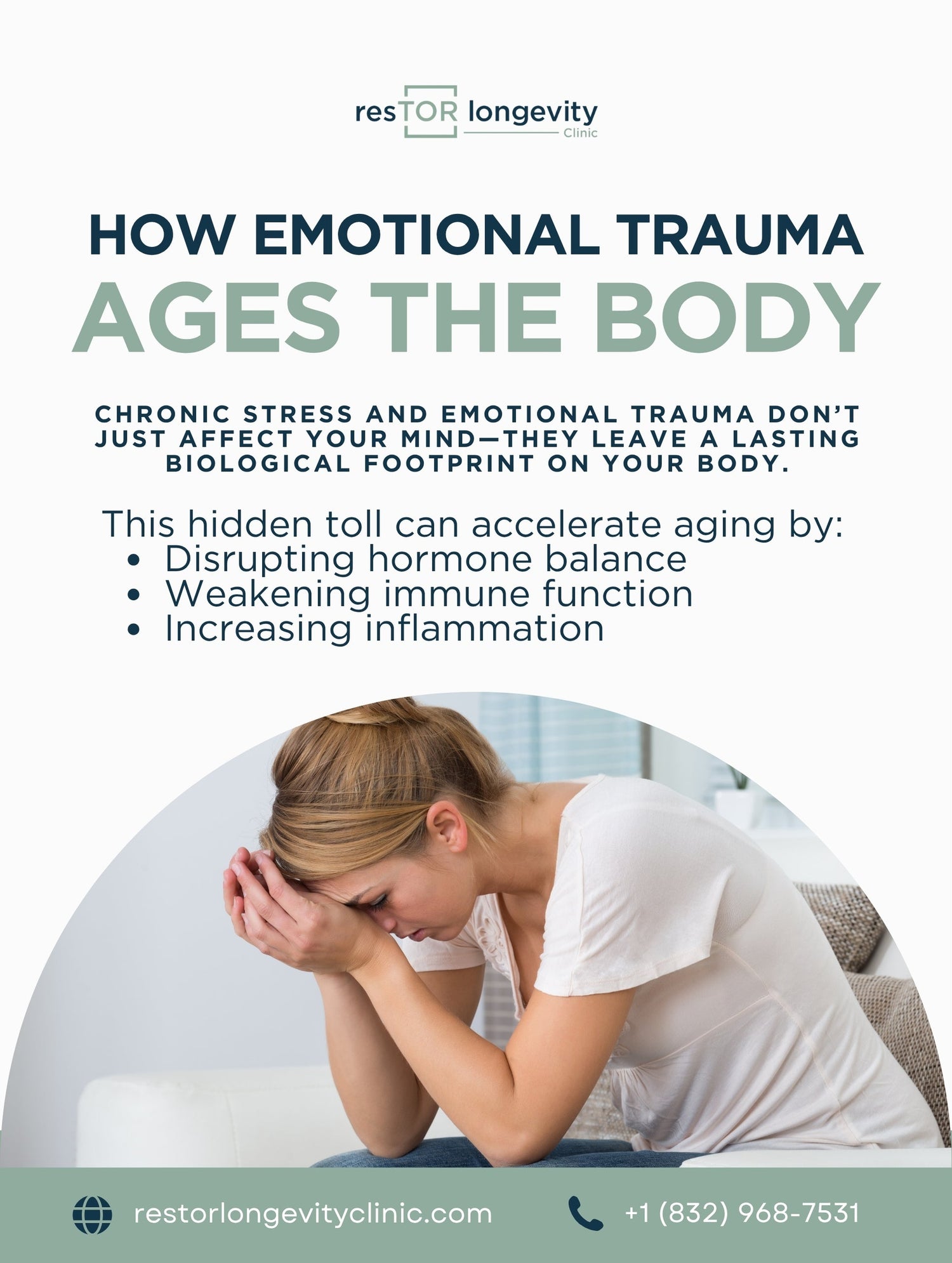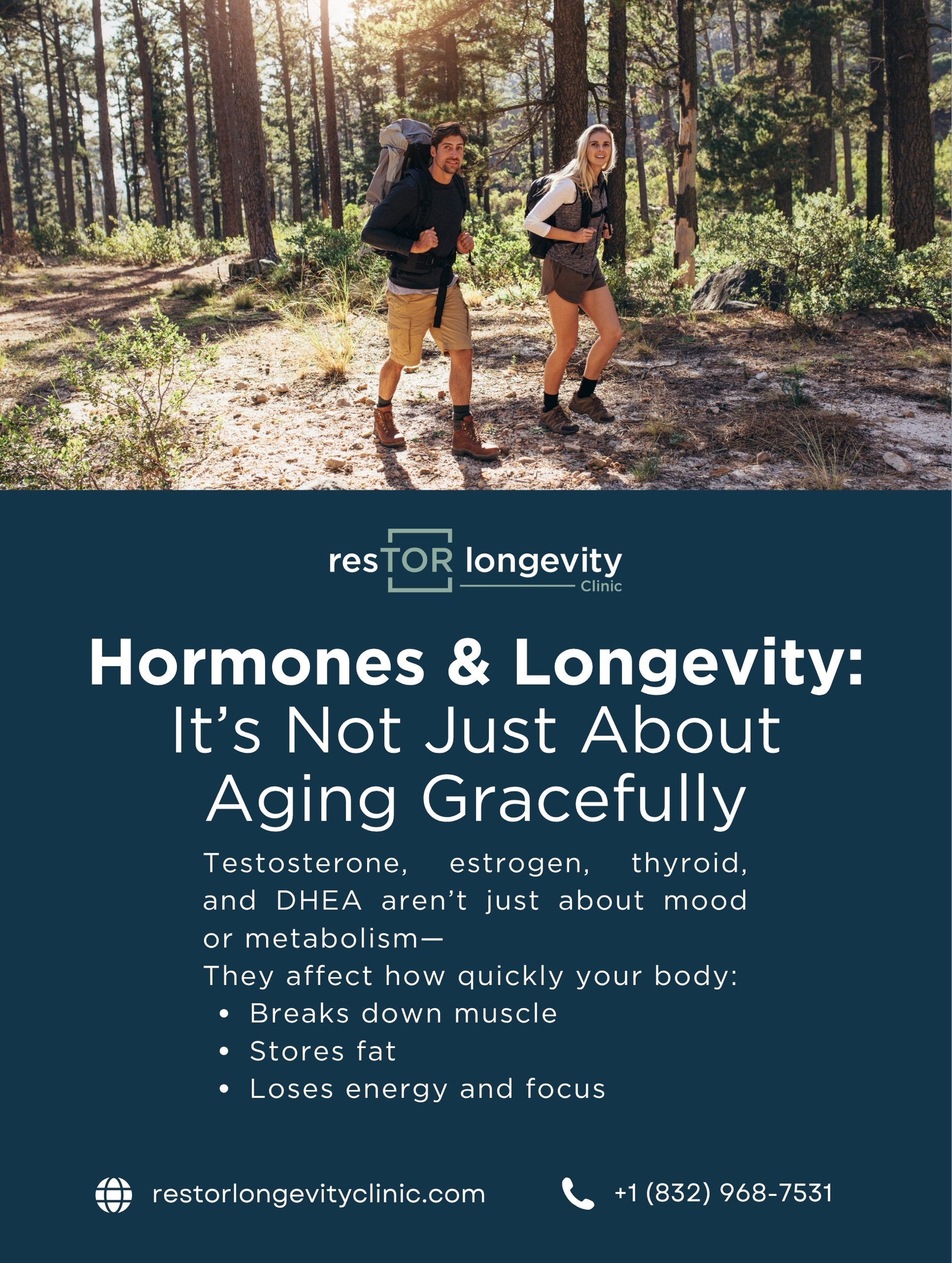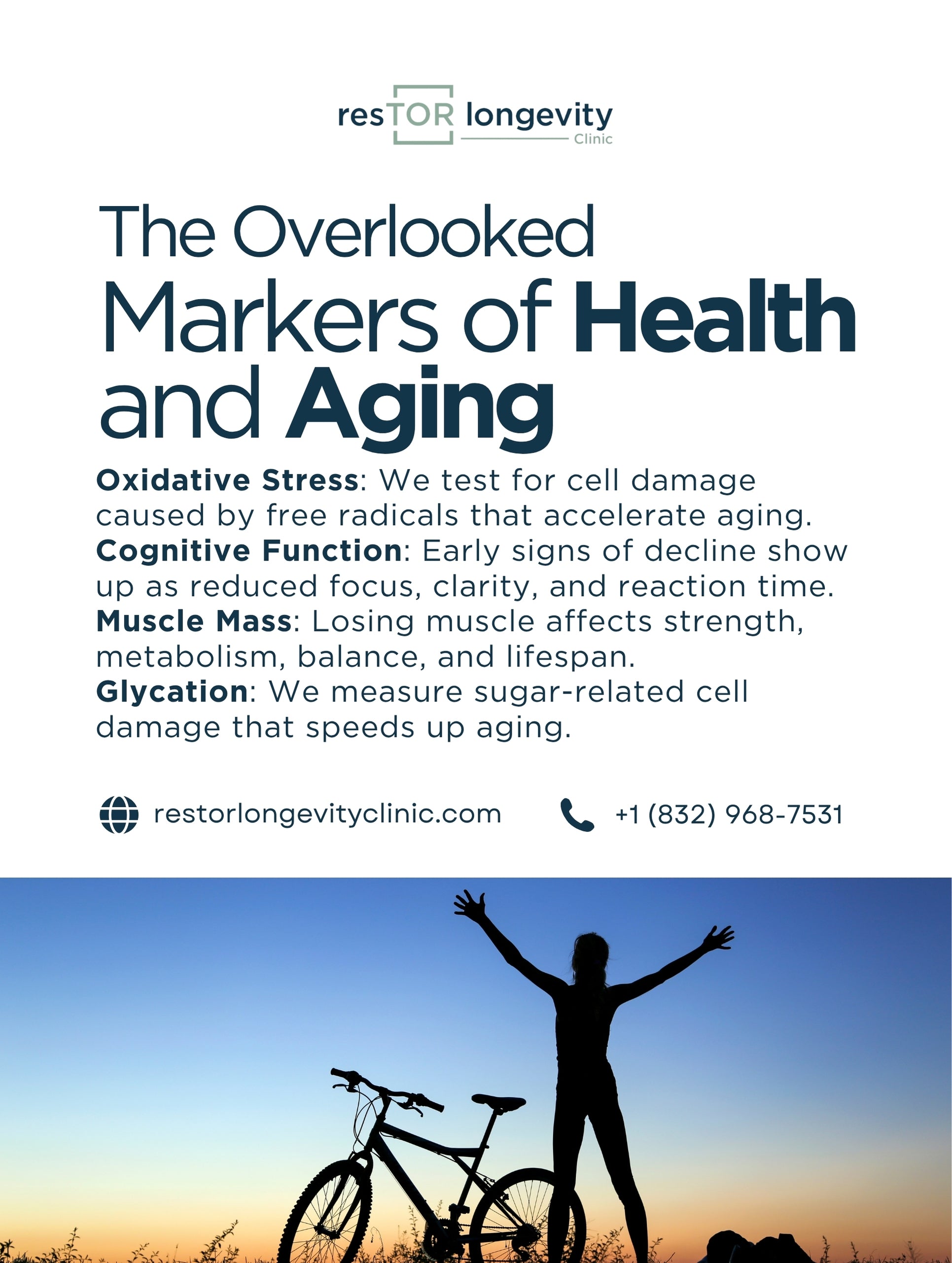Did you know that chronic stress and emotional trauma do more than affect your mind? They can leave a lasting biological footprint that accelerates aging within your body. It’s a staggering reality, yet crucial to understand in our fast-paced world where mental health often takes a backseat to other priorities. In this comprehensive blog post, we will explore the profound effects of emotional trauma and chronic stress on the body and how they disrupt hormonal balance, weaken immune function, and increase inflammation. By the end of this article, you will gain valuable insights and strategies to mitigate these effects and improve your overall well-being.
Understanding Emotional Trauma and Its Effects on Aging
Defining Emotional Trauma
Emotional trauma occurs when an individual experiences a distressing event that overwhelms their ability to cope. It can stem from various sources, such as the death of a loved one, abuse, accidents, or other significant life events. According to the American Psychological Association, trauma affects not only mental health but can also lead to several physical health issues, including premature aging.
The Biological Impact of Emotional Trauma on Aging
Several biological mechanisms explain how emotional trauma can accelerate the aging process. Understanding these mechanisms may help you take proactive steps in your wellness journey.
1. Disrupting Hormone Balance
Chronic emotional stress triggers the release of cortisol, which is often referred to as the ‘stress hormone.’ Elevated cortisol levels over prolonged periods can lead to hormonal imbalances that disrupt many body functions. This imbalance can:
- Increase belly fat, which is linked to various health issues.
- Raise blood pressure and heart rate.
- Affect the production of other hormones like insulin, leading to metabolic issues.
Excess cortisol can also impact hormones related to reproduction, which if out of balance can lead to fertility issues in women and reduced testosterone levels in men—a critical factor for overall health.
2. Weakening Immune Function
Chronic stress and emotional trauma can weaken the immune response. Research indicates that stress-influenced hormones can suppress the production of immune cells, leaving the body vulnerable to infections, diseases, and, potentially, faster aging. Moreover, a weakened immune system can lead to:
- Increased susceptibility to chronic illnesses, including heart disease.
- Slower recovery times from injury or illness.
3. Increasing Inflammation
Inflammation is a natural part of the body’s healing response, but chronic stress and trauma can lead to long-term inflammation, damaging tissue and accelerating the aging process.
- This chronic inflammation is linked to a myriad of age-related diseases, including arthritis, cardiovascular disease, and even neurodegenerative disorders.
- It also affects skin health, leading to issues like premature wrinkles, loss of elasticity, and other skin conditions.
The Psychological Connection
Not only do emotional traumas biologically age our bodies, but they also significantly influence our psychological health. Here’s how:
- Depression and Anxiety: Emotional trauma can lead to depression and anxiety, which further exacerbate physical health issues. The combination of mental and physical health challenges can create a vicious cycle, making recovery and healing increasingly difficult.
- Social Withdrawal: Trauma can lead individuals to isolate themselves socially, preventing them from maintaining important relationships and support systems that are vital in healing and promoting longevity.
Navigating Your Path to Healing
Recognizing the hidden toll of emotional trauma on your body is the first step towards reclaiming your health and wellness. Here are action steps you can take to mitigate the damaging effects and promote healing:
- Prioritize Mental Health: Seeking professional help from therapists or psychologists specialized in trauma can provide you with effective coping mechanisms to deal with stress. Therapies like Cognitive Behavioral Therapy (CBT) can be particularly effective.
- Engage in Mind-Body Practices: Techniques such as yoga, meditation, and mindfulness can help in managing stress and promote relaxation. Practicing deep-breathing exercises can regulate cortisol levels and reduce anxiety.
- Nutrition Matters: A balanced diet rich in anti-inflammatory foods (like leafy greens, fatty fish, nuts, and whole grains) can help counteract some of the bodily harm caused by trauma, supporting both physical and mental well-being.
- Physical Activity: Regular exercise is a powerful stress reliever that increases endorphins and improves mood. It also strengthens the immune system.
- Sleep Well: Prioritizing quality sleep is crucial. Sleep deprivation can increase cortisol levels, worsening the impact of chronic stress. Develop a restful bedtime routine that supports a good night’s sleep.
Addressing Common Questions
As you navigate your journey towards healing, you may have several questions regarding emotional trauma and its impact on aging. Here are answers to some frequently asked questions:
What are the signs that emotional trauma is affecting my health?
Look for symptoms such as fatigue, frequent headaches, digestive issues, mood swings, or sleep disturbances. If you are experiencing these symptoms, it may be time to seek help.
How long does it take to heal from emotional trauma?
Healing is a personal journey, and the timeline varies for everyone. It’s vital to be patient and take actionable steps daily towards your wellness.
Can emotional trauma be prevented?
While not all traumas are preventable, nurturing a healthy lifestyle, maintaining good relationships, and seeking help when needed can help reduce the overall risk.
Where Do We Go From Here?
Understanding how emotional trauma ages the body is the first step in addressing it. Implementing strategies for healing can help mitigate its effects on your life. By taking proactive steps toward emotional wellness, not only can you rejuvenate your mind, but you can also enhance your physical health and longevity.
If you recognize the toll of emotional trauma in your life or that of a loved one, don’t hesitate to take action. Book a consultation with a professional today to begin your transformative journey towards healing. Remember, your past does not define your future. The journey towards healing is a brave one, and by prioritizing mental and emotional health, you can profoundly change your life.



